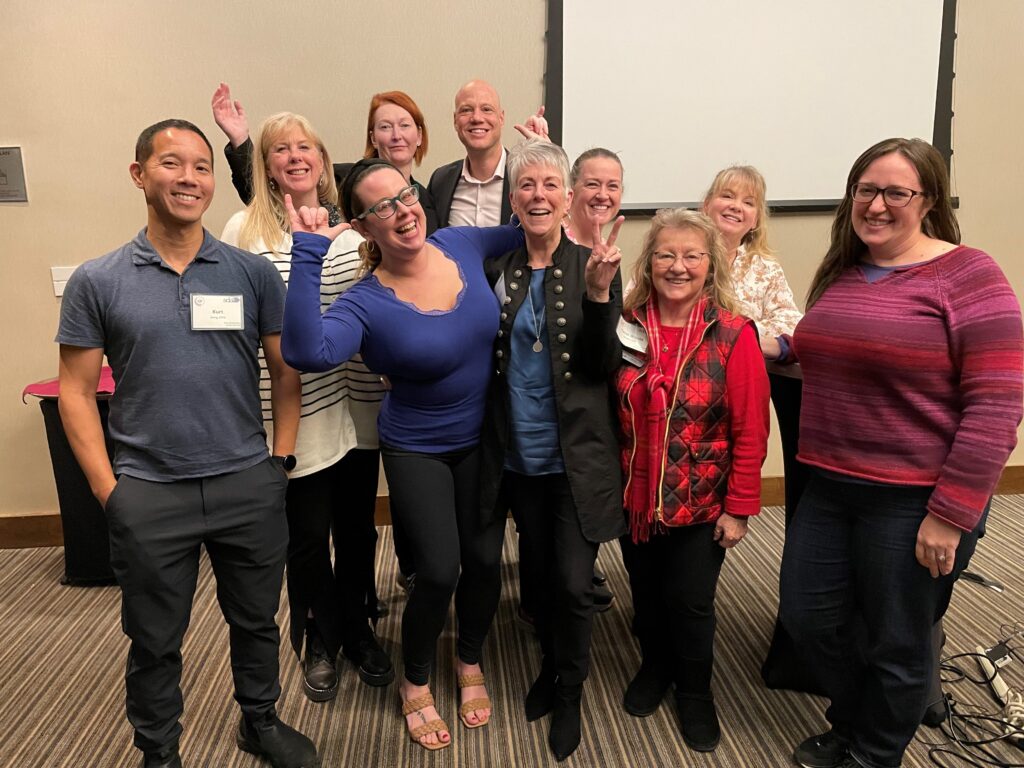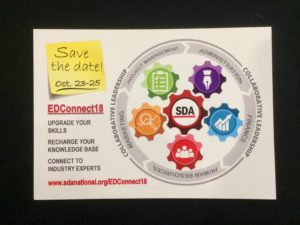SDA’s New York chapter hosted a roundtable “Let’s Discuss . . . Building Better Managers,” in which Omar Vega talked about how managers should not overlook the people aspect of the company.
Vegas said that performance is determined by three things: Ability, motivation, and opportunity.
· Ability: The measurable skills, knowledge, behaviors, and attributes that are important to successful performance.
· Motivation: The person’s desire to perform, whether it’s from within or from outside sources.
· Opportunity: The chance to perform, to demonstrate they have the ability to do the job.
Motivation is a key component. Managers should have a sit-down individually with their staff and ask questions, and listen, to what truly motivates them.
With respect to staff, managers should also think about Return on Potential, rather than Return on Investment. Managers need to help their staff see where they want to be, and help guide them to where they want to be.
The best managers:
· Let their team know why something is being done.
· Help their staff see how they can use their strengths to add value to their firm.
· Listen carefully, as learning goes both ways.
Bottom line: Focus on your staff’s strengths, and help them conquer any weaknesses they may have with training and encouragement.
Omar Vega is a Senior Associate and Director of Human Resources at Beyer Blinder Belle Architects & Planners in New York.



 Did you know that
Did you know that  SDA National is at it again! Here comes another EDConnect—a convenient way to get continuing education credits in all things A/E/C. It’s a three-day webinar conference that you and others in your firm won’t want to miss. Stay tuned for more details/registration.
SDA National is at it again! Here comes another EDConnect—a convenient way to get continuing education credits in all things A/E/C. It’s a three-day webinar conference that you and others in your firm won’t want to miss. Stay tuned for more details/registration. If you’re in the habit of wanting hugs from your coworkers, or you know someone who is an office-hugger, you should read an article written by
If you’re in the habit of wanting hugs from your coworkers, or you know someone who is an office-hugger, you should read an article written by 


You must be logged in to post a comment.